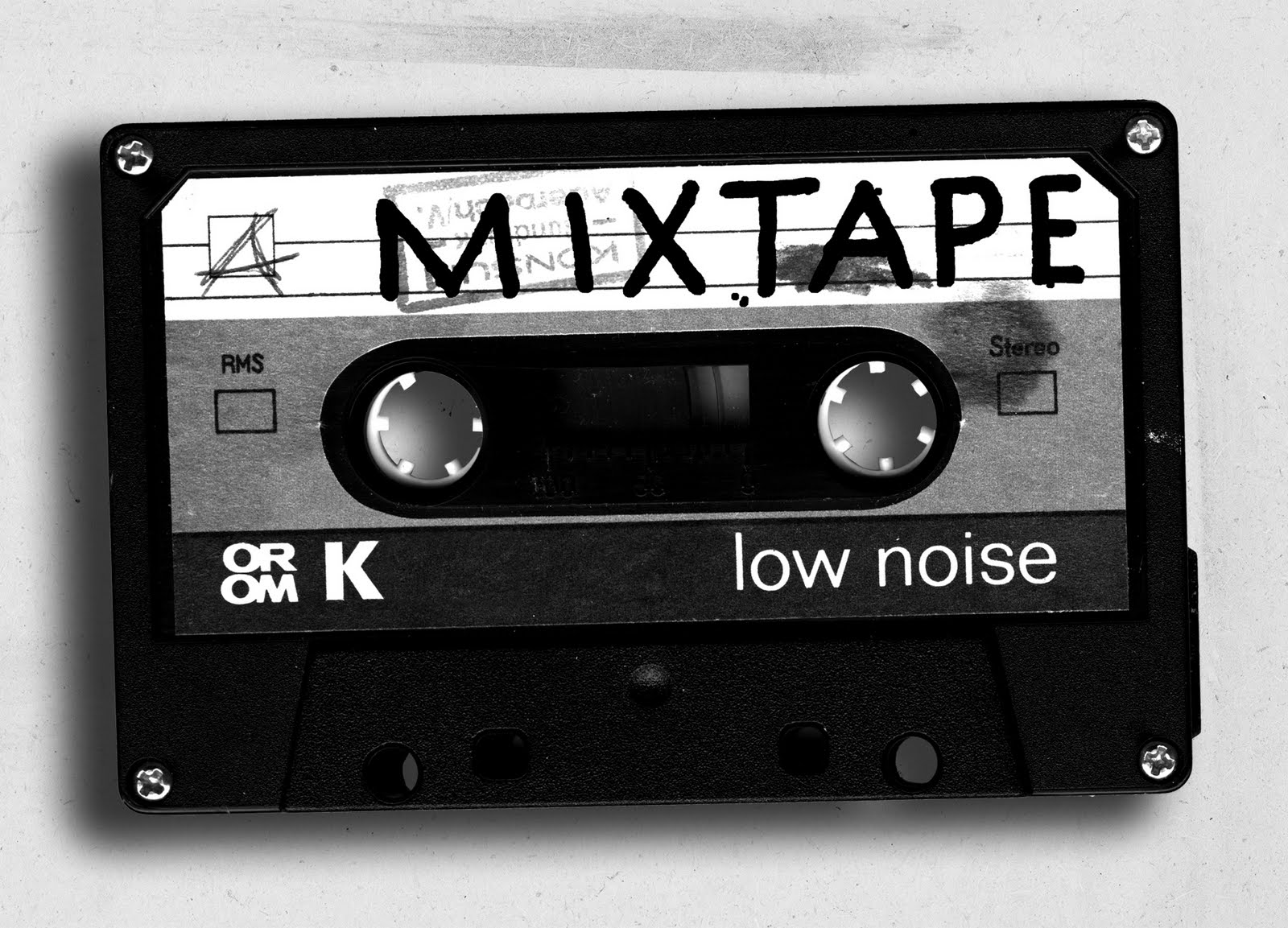
Digital DJ Tips reader Deejay Dingo writes: “I am a DJ living in Trinidad & Tobago. I have learned a lot since reading the articles presented on this site, but I have a question that I’ve not seen answered yet. Two of the top radio stations in my country are looking for DJs/announcers, and they have asked DJs to submit demos. But, in my application I would also like to add an air of professionalism by including a cover letter and resume/CV. Do you have any tips for me?
Digital DJ Tips says:
You’re doing this right: Having a (short) CV and cover letter will help you to stand out. Of course, it goes without saying that you should make it perfect; get people to read it and offer advice or corrections, and spellcheck it. The trick here is to understand the difference between the resume bit and the cover letter bit, as both play their part.
The resume
The resume should look like it’s “the same thing you send to everyone”, but actually it should be tailored for the position you’re applying for. This helps to make you appear like the “perfect candidate”.
Start with your personal information, like name, address and contact details, plus if it’s the norm where you live, include a passport-sized photo (but make sure it’s a good one). If it were me, I’d then write a “professional summary” or “skill summary”, which would be one or two paragraphs outlining what you’re good at. Remember, this should reflect the concerns of the station owner or manager. So saying “I have the best progressive house collection in the Caribbean” is wrong, but saying “I have a good microphone voice, having MCed at… ” is better.
Then I would outline the places I’ve worked that are relevant to the job. If your experience is limited, detail private parties, birthdays, bar gigs etc. Try and focus on how you’ve helped the people who asked you to DJ for them in these roles – for instance stepping in when someone else let them down. You’re trying to show you’re reliable and easy to work with.

In this instance, if you’ve done any radio (web radio, podcasts etc), list it. Add dates and details to make it all feel more “solid”.
Finally, include references – check with the people who you’re going to list here, but if you can put a couple of names and phone numbers or email addresses of people who’ve used your services before, it’ll show you’re not scared to be “checked up on”. This whole thing should only be a page, two maximum, but try and cut it down to the shortest it can possibly be. The people fielding your submission will be busy; make it easy for them.
The cover letter
This should be addressed personally to the right person, and should be three sections:
- An introductory sentence or two – Stating why you’re writing (to apply for the position), and saying that you think you’ll be perfect for the job because…
- Three bullet points – In three short, one-sentence bullets, summarise your three strongest selling points from your CV
- A closing sentence – Just to say you enclose the CV and demo as requested, to get in touch if they need anything more, and that you’ll look forward to hearing from them
Keep this really short and business-like, and even if you choose to type it (probably best), make sure you sign it personally.
What to do next…
Send it off, and if you don’t hear anything in a few days, a very polite call “to check you’ve received it” is your first move. A week later, another call would be fine, again very politely, to maybe ask “if there’s anything more you need”. A week or two later, it’s OK to ring and ask if they have any news for you. Trick is to not appear pushy or rude; you’re trying to keep yourself at the front of their minds, without being a nuisance.
Good luck, and please let us know how you go on!
Have you ever had to write a resume or cover letter to apply for a DJing post? What has worked (or not worked) for you? Or do you field applications, and thus have any tips to add from the “other side”? Please share your advice in the comments.





![Getting Kids Into DJing, DJing With Disabilities, Small USB Controllers [Podcast] Getting Kids Into DJing, DJing With Disabilities, Small USB Controllers [Podcast]](https://cdn.digitaldjtips.com/app/uploads/2024/03/20175506/podcastwebsiteidea-150x150.jpg)
![Bluetooth For DJs, Rotary Mixers, Cheap DJ Controllers [Podcast] Bluetooth For DJs, Rotary Mixers, Cheap DJ Controllers [Podcast]](https://cdn.digitaldjtips.com/app/uploads/2024/03/21225022/podcastwebsiteidea2-150x150.jpg)
